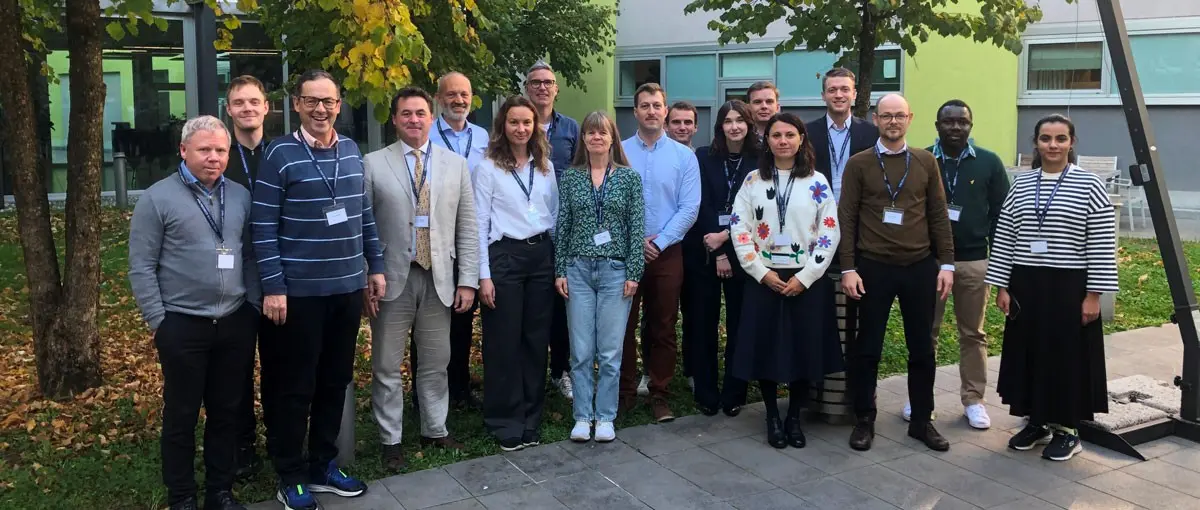E4S – Energy For Supply: supporting Small and Medium Enterprises in the transition towards Energy Efficiency from a supply chain perspective

A European project fostering collaboration between companies and suppliers, promoting energy efficiency and developing sustainable business models.
Climate change and growing concerns about global energy sustainability are pushing companies to rethink their strategies and their entire supply chain, including small and medium-sized enterprises (SMEs).
The EU Directive 2023/1791 on energy efficiency imposes strict requirements on both large companies and SMEs. Furthermore, as SMEs are part of increasingly complex supply chains, their energy sustainability performance affects focal companies, which are seeking innovative ways to promote energy-efficient practices among their suppliers.
However, SMEs often face several barriers to adopting such practices, including a lack of knowledge about energy efficiency measures and limited access to funding. These challenges significantly hinder their ability to engage in energy efficiency programmes, negatively impacting the entire supply chain.
To address these challenges, the E4S – Energy for Supply project was launched by a consortium of leading universities in the fields of energy efficiency and purchasing and supply management. The initiative is funded under the LIFE23-CET-BUSINESS programme of the European Union and is coordinated by the University of Gävle, with four key other partners: Politecnico di Milano, Linköping University, Nordic Energy Audit, and E7-Energy Innovation Engineering.
The E4S project aims to:
- promote wider adoption of science-based energy and power audit methodologies within SMEs;
- establish and support networks between focal manufacturing companies and their suppliers to share best practices and drive collective improvements in sustainability;
- provide tools to help focal companies and SME suppliers identify and select the most suitable financial solutions, with a particular focus on collaborative, Sustainable Supply Chain Finance solutions;
- create and validate innovative sustainable business models, leveraging collaboration among supply chain actors and a broader range of stakeholders.
At the Politecnico di Milano, the project is coordinated by Prof. Enrico Cagno, with contributions from Prof. Federico Caniato, Prof. Antonella Maria Moretto, Prof. Alessandra Neri, and Dr Elisa Medina from the Department of Management, Economics and Industrial Engineering.
The Polimi team will help identify energy efficiency opportunities for SMEs through audits, improvement plans, and the development of collaborative networks. As leader of the work package dedicated to financial solutions, the research group will also focus on identifying economic tools and support models to accompany SMEs on their journey towards energy transition.